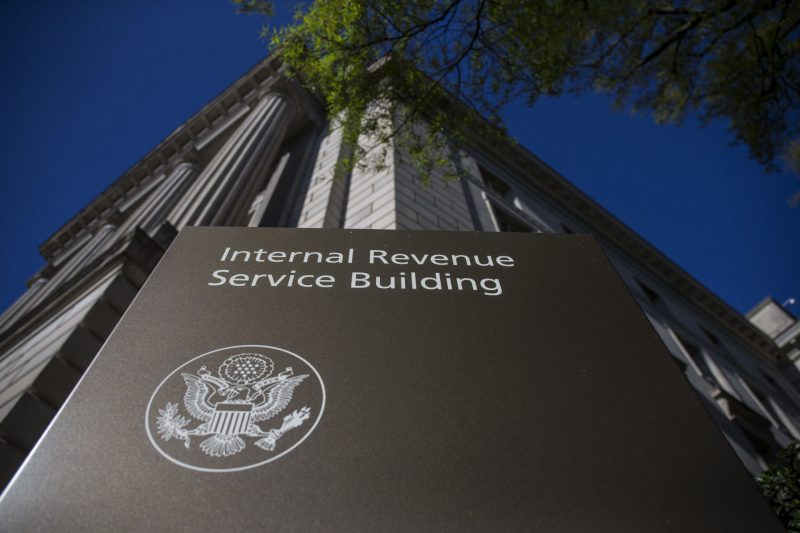Following an ongoing lawsuit over the matter, the Internal Revenue Service (IRS) has officially said that crypto staking is taxable. Indeed, the US government has said that staking a cryptocurrency should be followed by a tax liability, according to a new Bloomberg report.
The new clarification comes amid an ongoing lawsuit from cryptocurrency investor Joshua Jarrett. Specifically, Jarret has filed a lawsuit against the government regarding the tax clarification for crypto staking and how they are viewed by the IRS. The legal battle was filed in October of his year and could have massive ramifications.
JUST IN: 🇺🇸 IRS says crypto staking is taxable.
— Watcher.Guru (@WatcherGuru) December 23, 2024
Also Read: Elon Musk Says IRS Will be Audited by DOGE Commission
IRS Clarifies Crypto Staking Stance Amid Ongoing Lawsuit
The last twelve months have been monumental for the crypto industry. Indeed, the asset class has undergone a massive shift, being widely recognized and respected as the future of finance. With international interest and investment surging this year, Bitcoin surpassed a price of $100,000 this month for the first time in its history.
Yet, amid its growth comes continued shifts in regulation and other policies. Among the realities that crypto investors must be aware of is the growing tax question. Now, the IRS has added another point of interest for traders, as the agency has stated that crypto staking is taxable.


Also Read: US IRS Prepares for Massive Expansion with Plans to Hire 30,000 New Staff
According to a Bloomberg report, the government assures that “staking a cryptocurrency should induce a tax liability as soon as it is done.” Moreover, they have refuted the claim that staking activities indicate new property. Alternatively, the stance has come amid a lawsuit filed over the tax classification of crypto staking.
The process of staking allows an individual to generate new crypto tokens. This occurs through both tokens that are already created and the computing power to validate a transaction. In their answer, the IRS denies that filer Joshua Jarret created a new property. Indeed, they note he “should have to pay taxes on the value of tokens upon receipt.
Ultimately, the lawsuit is seeking to challenge Revenue Ruling 2023-14. This states that staking rewards are includible in a person’s gross income for a tax year. Moreover, they note that a taxpayers gains both “dominion and control” over rewards. note





